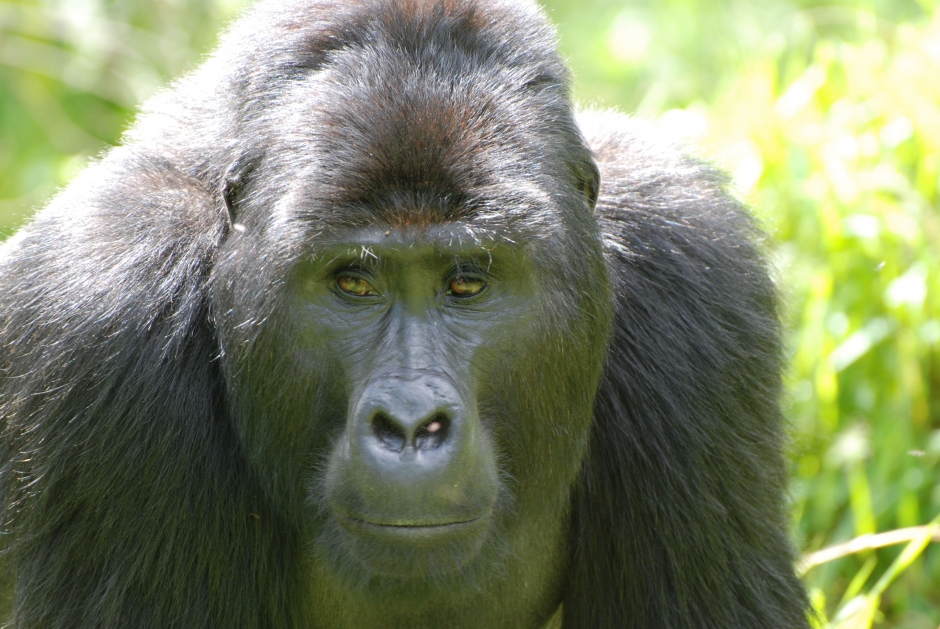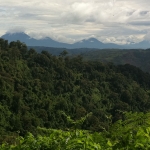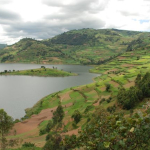- Bwindi Forest – View to DRC
- Lake Bunyonyi
- Queen Elizabeth National Park
East Africa:
‘There are about 500 million small farms worldwide and about 2 billion people depend on them for their livelihoods; one third of humanity’ International Fund for Agricultural Development (IFAD).
When we look for solutions to address food security, economic development and climate change in the developing world, we must look closely at the role of agriculture. Smallholder farmers are often isolated and poor and rely on their land and surrounding natural resources to feed their families and pay for household expenses, including education and healthcare. In years past the situation was manageable because populations were smaller, local and regional climates were more predictable and the carrying capacity of the land (and resources) was more in balance with population growth. As populations increase and regional climates change, Uganda’s rural farmers are becoming more vulnerable to the impacts of climate change and decreased agricultural productivity. There is an urgent need to intensify and adapt technologies with rural farmers under local conditions to give rural communities the tools and abilities to plan for and manage their future.
Historically, in East Africa farmers, and much of the developing world, farmers would simply shift cultivation and/or crop rotation in response to increased population and declining soil fertility. However, the fragile relationship between social, economic and environmental conditions is becoming imbalanced, endangering the environment and leaving farmers and their families facing malnutrition and impoverishment. Global populations are increasing, resources are becoming scarcer and regional climate are changing. Weather patterns are becoming more erratic and farmers dependent on rain-fed agriculture are experiencing more droughts and floods. Widespread land degradation and deforestation are causing increasing soil erosion, declining soil fertility and ultimately reducing agricultural yields.
Uganda:
There is an urgent need to intensify and adapt technologies with rural farmers under local conditions to give the communities the knowledge, skills and tools to plan for and manage their future.
Uganda is a young country with a mixed and turbulent past — a country that is still struggling to develop a prosperous future that is fair and just. With a population of 32 million in an area the size of Oregon, Uganda is heavily reliant on its agricultural sector for food security and economic prosperity; approximately 85% of Ugandans are “smallholder farmers,” dependent on the land and soil. Farming is the only source of income they have for feeding their children, as well as paying school fees and health care costs; however, they do not have the infrastructure (water, roads, energy) to achieve sustainable market integration. These rural farmers are isolated, and they lack access to the knowledge, resources and capital that would enable them to adopt new methods.
SW Uganda is vulnerable to the impacts of climate change and decreased agricultural productivity due to a tremendous dependence on their existing natural resources, and lack of knowledge, energy and infrastructure for adaptation. Over 1 million people live in the Kabale and Kisoro districts (pop. density of over 300 people km2) and are heavily reliant on smallholder subsistence agriculture (85%) for food security and economic prosperity. The individuals and families struggle with declining agricultural productivity, poor nutrition and have little or no access to capital, energy, markets or technologies, resulting in persistent poverty. Despite these challenges, Uganda has a young population that is eager to learn and work. Uganda’s smallholder farmers are considered to be among the hardest working and most efficient on a per hectare basis.
Rwanda:



